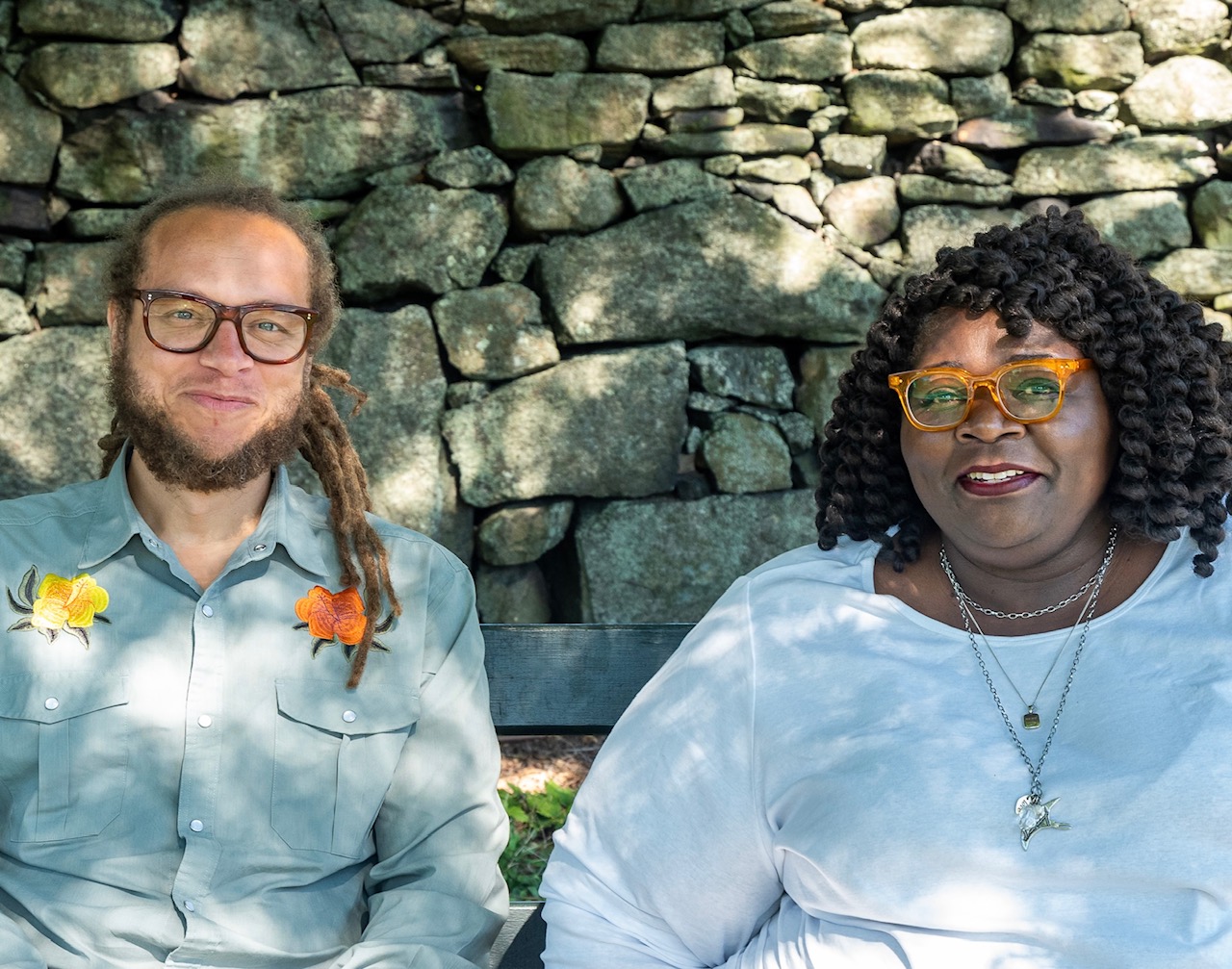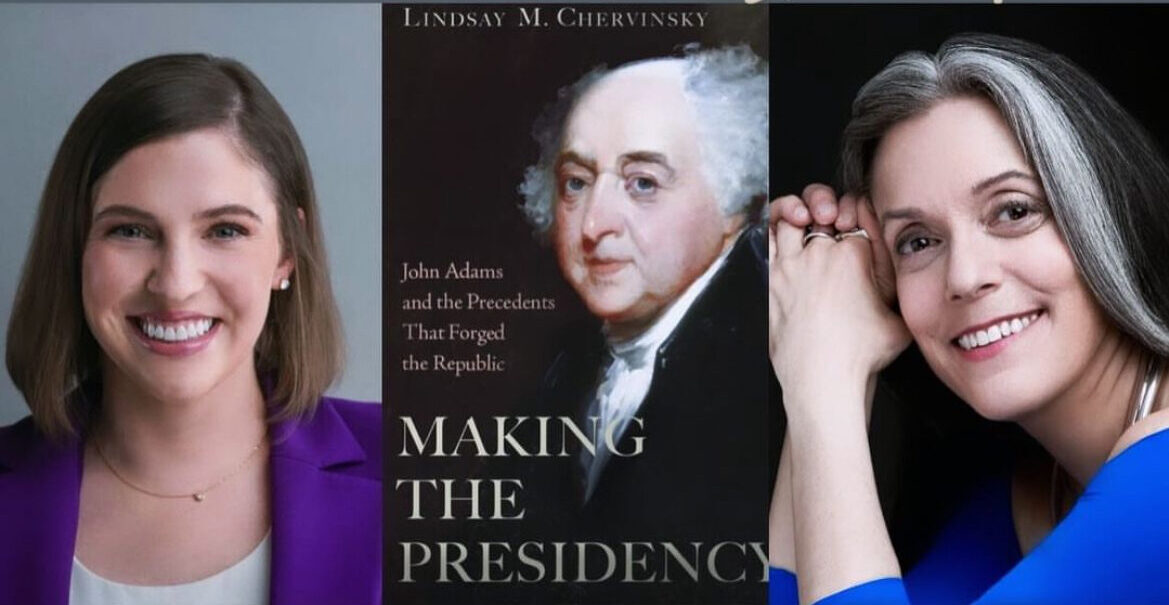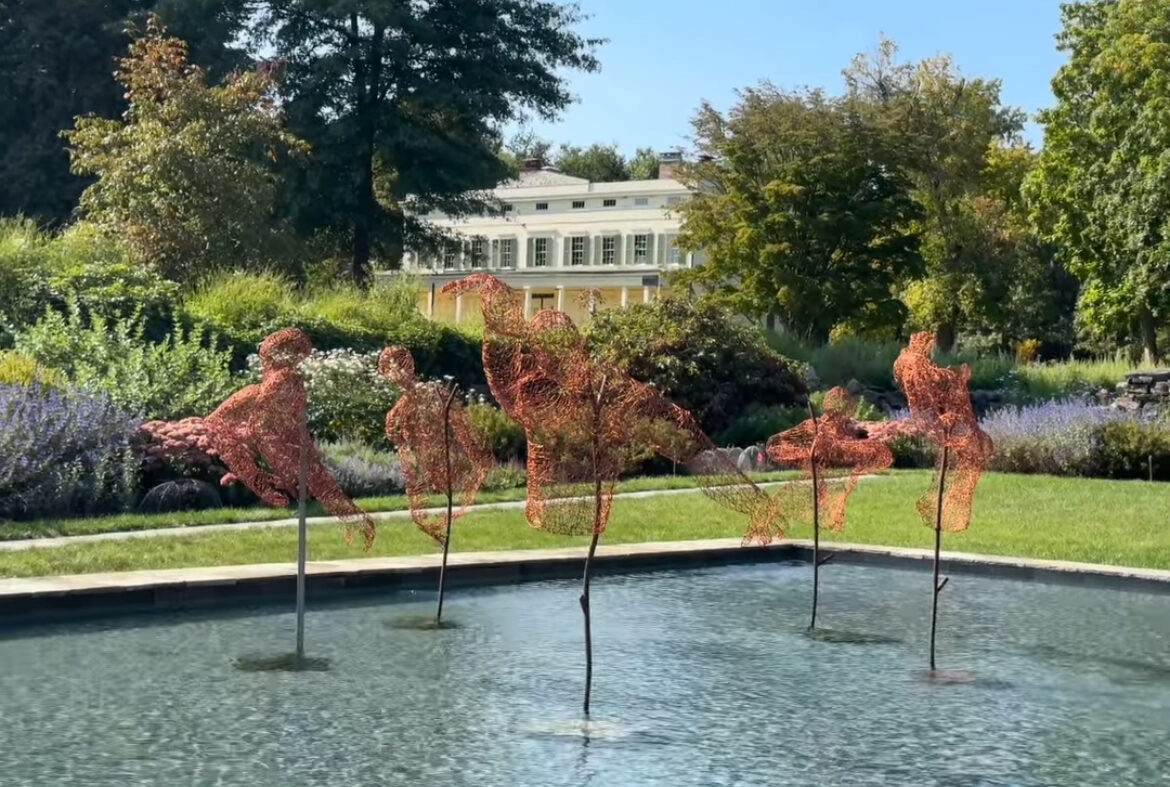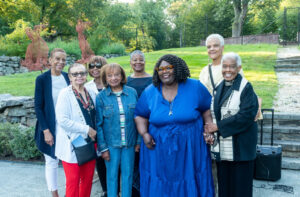The Jay Estate in Rye was home to one of our nation's greatest peacemakers, John Jay...
...and today, it is YOUR park
Our nonprofit, the Jay Heritage Center (JHC) is dedicated to transforming the 23-acre Jay Estate into a vibrant educational campus, hosting innovative and inclusive programs about American History, Historic Preservation, Social Justice, and Environmental Stewardship.
October 23, 5-7pm

“Rich Soil”: Writing Poetry Inspired by Visual Art
This free workshop with award-winning poet and Manhattanville’s MFA Program Director, Iain Haley Pollock will build on Kristine Mays’s exhibition “Rich Soil,” currently on view in the Jay Estate Gardens. participants will explore ekphrastic poetry. The root of the Greek word ekphrasis means “to describe” or “to tell over.” Contemporary ekphrastic poems often seek to “retell” a piece of visual art in ways that make connections to the poet’s experience and emotional life, and thereby laying bare some deeper truth in the piece of art.
The workshop will begin in the gardens observing and describing Mays’s sculpture installation before moving indoors to look at examples of ekphrastic poems from Rainer Marie Rilke and Matthew Olzmann. After learning these examples, workshop participants will write poems of their own based on a piece or collection of pieces in “Rich Soil.” The workshop is open poets of all levels. Email Meredith Slater at mslater.jhc@gmail.com to register. LIMITED TO 10 PARTICIPANTS.
November 3 at 3pm

Making the Presidency - Talk and Book Signing
Meet Dr. Lindsay M. Chervinsky, a presidential historian, the author of the new, acclaim-winning work, Making the Presidency: John Adams and the Precedents That Forged the Republic. Chervinsky also wrote the award-winning book, The Cabinet: George Washington and the Creation of an American Institution, co-editor of Mourning the Presidents: Loss and Legacy in American Culture. Hamilton scholar and Joanne B. Freeman, a Professor of History and American Studies at Yale, will return to JHC to speak with Dr. Chervinsky. Prof. Freeman specializes in early American politics and political culture. Her interest in political violence and political polarization—dirty, nasty, politics—has made her work particularly relevant in recent years.
Distinguished lecturer Ted Widmer, author of “Lincoln on the Verge: Thirteen Days to Washington” recently reviewed Chervinksy’s book for the New York Times Book Review calling it a “timely account” and praises how she “deftly probes the way the second American president wielded power.” Witmer writes, “It is healthy to be reminded, in another precarious moment, just how fragile democracy felt during the twilight of Washington’s presidency.”
FREE ADMISSION. Registration required. Register here.
FREE Exhibit Open Through November 17

Rich Soil by Kristine Mays
Thank you to NY State Parks for their spotlight on Rich Soil by fine art sculptor Kristine Mays on view now in the Jay Estate Gardens. READ BLOG HERE. Mays breathes life into wire as she creates human forms that dance, grieve, hope and pray. Her figures help us resurrect the narratives of the women and men whose strength, resilience and measurable contributions to our landscape have often been forgotten. As a member site of New York State’s Path Through History for Civil Rights and Westchester County’s African American Heritage Trail, the Jay Estate is a compelling venue for contemplating our shared American heritage while viewing these ethereal silhouettes. Cosponsored by the American Women of African Heritage and the Friends of the African American Cemetery. See more photos by Kim Crichlow here in NY Social Diary – scroll down.

Land Acknowledgement
It is with gratitude and humility that we acknowledge that we are learning, speaking and gathering on the land of the Wiechquaesgeck ((WE-QUEES-GECK)), a subdivision of the Munsee people. The Munsee can be identified as speakers of Munsee, a dialect of the Lenape language. Today, the Munsee language is considered critically endangered, only spoken by a handful of elders on the Moraviantown Reserve in Ontario, Canada, each speaker over the age of 70. Lenape, or Leni Lenape was a name prescribed to them by colonists, rather than a label of initial self identification.
The Wiechquaesgeck were the historic owners of Rye, Harrison, and large parts of Westchester County, as they lived between the Hudson and Long Island Sound. Modern nations like the Stockbridge-Munsee, the Delaware Tribe of Indians, and the Delaware Nation trace their ancestry to the Munsee tribes, and continue to keep their history alive. We pay honor and respect to their ancestors past and present as we commit to building a more inclusive and equitable space for all. In the coming years, we plan to reintroduce species of fauna and flora indigenous to the Wiechquaesgeck into our gardens as a way to promote greater respect and understanding of their culture.
We Value Your Privacy
JHC Privacy Policy